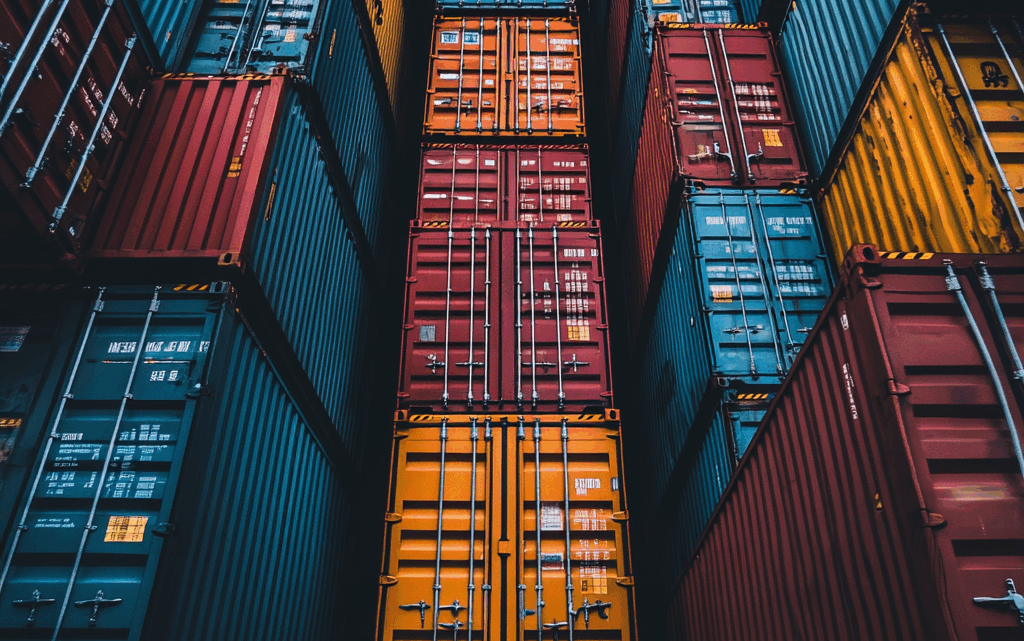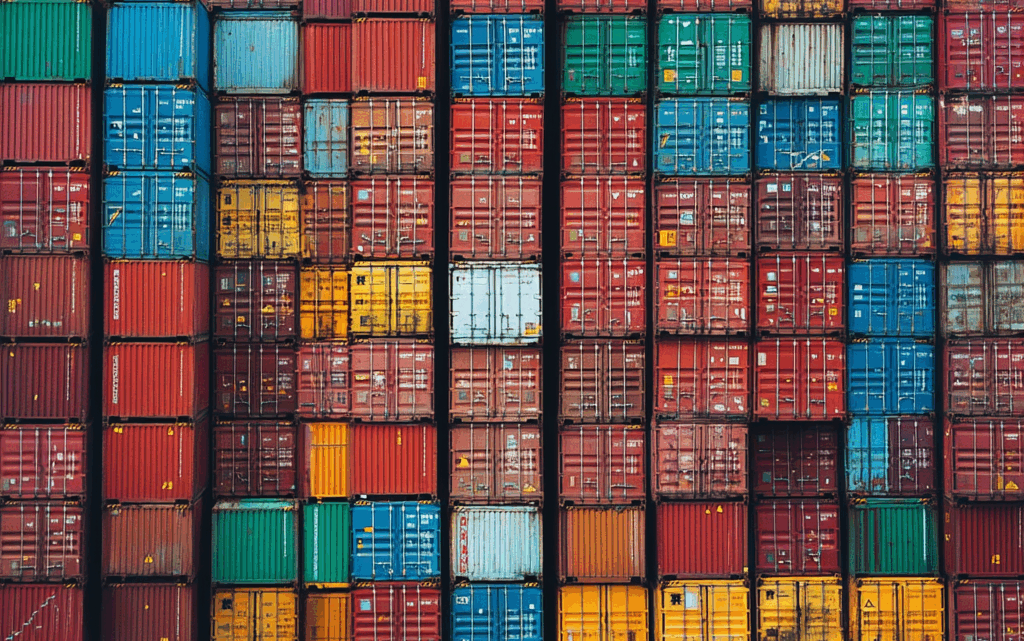Perfume sampler Canada guide: top local picks and where to find them
Perfume sampler scene is a hidden gem waiting to be discovered. While the country might not yet rival the perfume capitals of France or Italy, it boasts a growing and impressive selection of homegrown fragrance houses. From coast to coast, Canadian perfumers are crafting scents that blend innovation, sustainability, and a deep connection to nature.…
How Arbitration Resolves Cross-Border Trade Disputes
In today’s globalized economy, companies routinely engage in international commerce—but when disagreements arise, resolving them across jurisdictions becomes a complex legal challenge. Arbitration has emerged as a trusted method for settling cross-border trade disputes fairly, efficiently, and without resorting to national courts. Below, we explore how arbitration works, why it is widely preferred, and how…
Navigating Customs Regulations for Importing Perfume: What You Need to Know
Importing perfume may seem like a straightforward process, but it involves navigating a web of complex customs regulations. From labeling requirements to import duties and chemical restrictions, understanding each stage is essential to ensure your products clear customs efficiently and legally. In this article, we break down everything you need to know to make your…
The Impact of Blockchain on Supply Chain Transparency
In today’s increasingly interconnected world, supply chain transparency is no longer a luxury—it’s a necessity. Consumers demand to know where their products come from, regulators require traceability, and businesses seek ways to minimize inefficiencies and risks. One technology that stands at the forefront of this transformation is blockchain. Originally designed to support cryptocurrencies, blockchain now…
Key Clauses to Include in International Trade Contracts
International trade contracts are essential documents that ensure clarity, accountability, and legal protection in cross-border business. To avoid disputes and financial loss, such agreements must be structured with precision and contain specific clauses that define every aspect of the deal. Below, we explore the most important components that should be included in any international trade…
How AI is Revolutionizing the Shipping Industry
Artificial intelligence (AI) is no longer a futuristic concept—it’s rapidly becoming a key driver of innovation in global shipping. As international trade scales in both volume and complexity, AI is helping companies streamline operations, enhance safety, and gain a competitive edge. In this article, we explore how AI is transforming every layer of the shipping…
Fragrance Canada: how customs regulations affect perfume shipping costs
Fragrance Canada – customs rules affect the cost of shipping perfume – this is an issue that concerns many who plan to import or export fragrances between countries. Perfumery, being a high-quality and often expensive product, requires a careful approach during transportation, and especially when passing through customs. Even though perfumes are not considered a…
Secrets to successful delivery of fragrances: compliance with customs regulations and standards
Shipping perfumes is not only a complex logistics process, but also an area where compliance with customs regulations and standards is critical to the successful transportation of goods. Perfume products, whether luxury fragrances from famous brands or local collections, require special attention at every stage of transportation. The appearance of the packaging, the composition of…
Global practice of drafting agreements: how to avoid disputes and ensure the legality of transactions
Globalization and the development of international markets open up new horizons for business, but at the same time create many legal risks associated with concluding transactions between parties located in different countries. One of the most important aspects of successful business in the international arena is the competent drafting of agreements. Even when transactions are…
Legal security: how transactions help minimize possible conflicts
Legal security of transactions is an essential part of business relationships, regardless of their size or type. Entering into transactions without proper legal oversight and careful consideration of terms and conditions can lead to serious consequences, including litigation, financial losses and reputational risks. The task of any businessman, entrepreneur or company is to ensure maximum…










